I say that I represent this movement because my intellectual allegiances are clearly European, not African
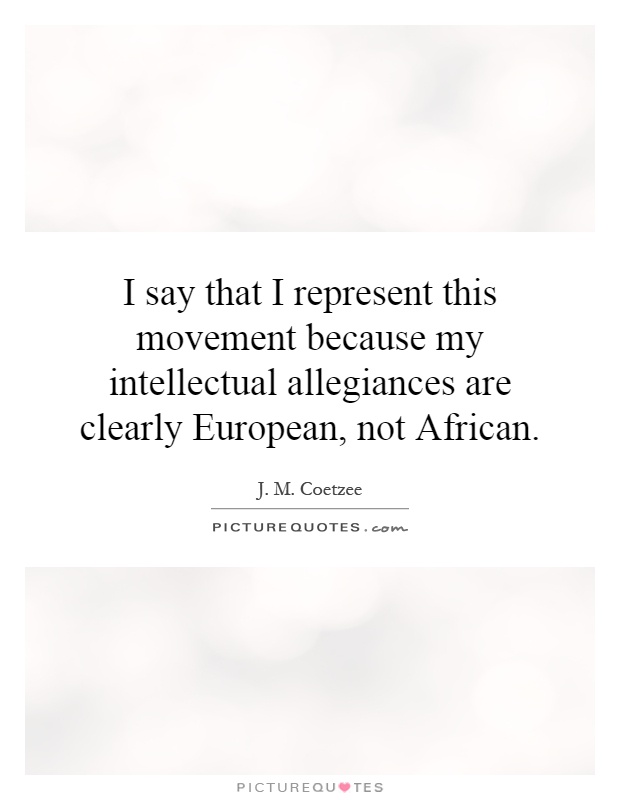
I say that I represent this movement because my intellectual allegiances are clearly European, not African
In the statement, "I say that I represent this movement because my intellectual allegiances are clearly European, not African," the speaker is expressing a complex and controversial perspective on their identity and intellectual influences. This statement can be analyzed in the context of the renowned South African writer J.M. Coetzee, who has often been criticized for his perceived detachment from his African heritage and his embrace of European literary traditions.Coetzee's work is characterized by its exploration of themes such as power, violence, and morality, often set against the backdrop of the apartheid era in South Africa. His writing is known for its stark realism and its unflinching portrayal of the human condition. However, despite his deep engagement with the social and political issues of his homeland, Coetzee has been accused of distancing himself from his African roots and aligning himself more closely with European intellectual traditions.
The statement in question suggests that the speaker sees themselves as part of a movement or intellectual tradition that is rooted in European thought rather than African culture. This can be interpreted as a rejection of their African identity in favor of a more cosmopolitan or universal perspective. It raises questions about the relationship between personal identity, cultural heritage, and intellectual influences, and the ways in which these factors intersect and shape one's worldview.
For Coetzee, who was born and raised in South Africa but has spent much of his adult life living and working in Australia, the question of identity and allegiance is particularly fraught. His writing often grapples with the complexities of belonging and displacement, and the tension between the local and the global. By aligning himself with European intellectual traditions, Coetzee may be seeking to position himself as a universal voice, transcending the limitations of national or cultural boundaries.
However, this stance has also been criticized as a form of cultural imperialism or a betrayal of his African heritage. Critics argue that by privileging European thought over African traditions, Coetzee is perpetuating a colonial mindset and reinforcing hierarchies of power and privilege. They accuse him of erasing or marginalizing the voices and experiences of African writers and intellectuals, and of failing to engage with the rich and diverse literary traditions of the continent.
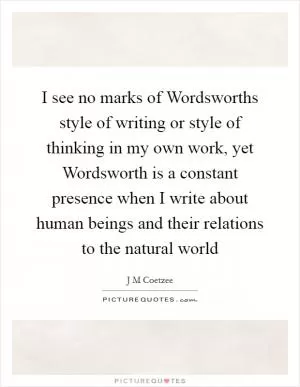
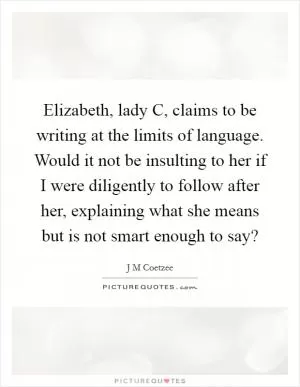
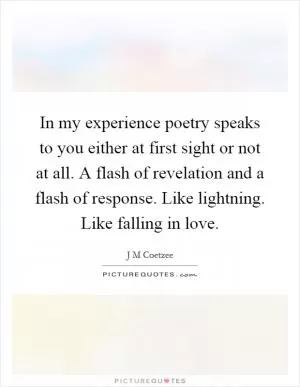
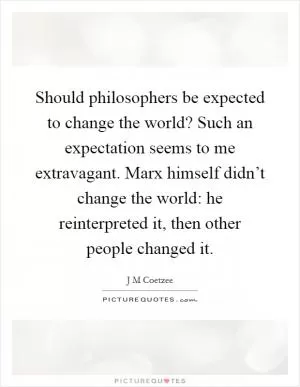


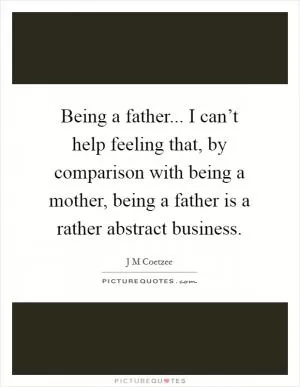

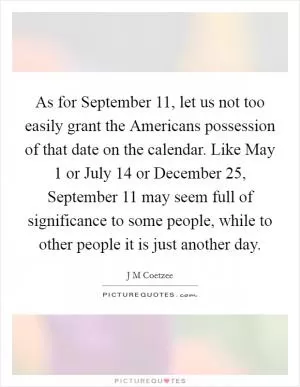
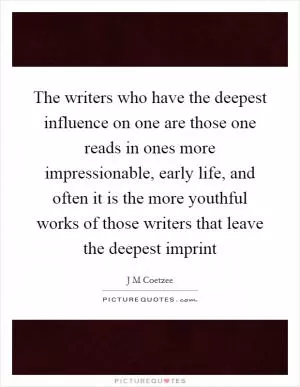


 Friendship Quotes
Friendship Quotes Love Quotes
Love Quotes Life Quotes
Life Quotes Funny Quotes
Funny Quotes Motivational Quotes
Motivational Quotes Inspirational Quotes
Inspirational Quotes